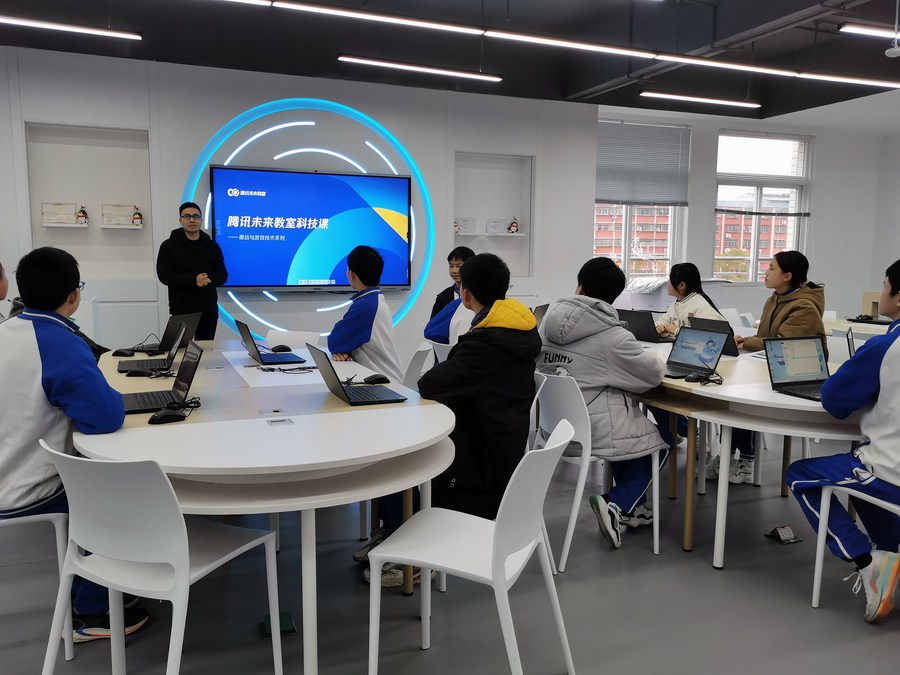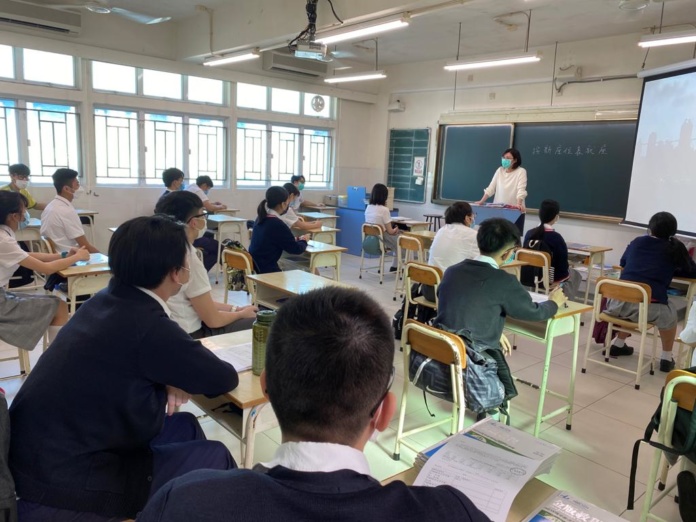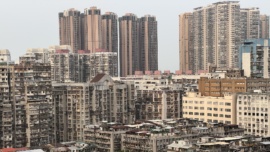
Zhang Ruopiao
Vice President, Supervisory Council
Macau Institute for Corporate Social Responsibility in Greater China (MICSRGC)
“Education is not just to prepare the children for a good life. Education itself should be the good life.“
In the current era of rapid technological advancements and the widespread use of automation and artificial intelligence, it is crucial to consider what type of education is necessary to prepare individuals for the hyper-connected and fast-moving world we live in. Recognizing the importance of providing students essential skills, it is vital to implement an education system that integrates experiential learning, mindfulness practices, and social-emotional learning, all of which can be continually adapted to stay current with the ever-changing technological landscape.
The concept of Education for Sustainable Development (ESD) has its roots in the United Nations Conference on Environment and Development held in Rio de Janeiro in 1992. This conference marked a significant turning point in the global environmental movement, leading to the adoption of Agenda 21, a global action plan for sustainable development. The Agenda called for the integration of environmental and developmental issues in education, and for the promotion of sustainable lifestyles and behavior change. In 2015, the United Nations established 17 Sustainable Development Goals (SDGs) aimed at addressing global challenges such as poverty, inequality, climate change, and environmental degradation. ESD provides support for a range of SDGs, including Goal 4 – Quality Education, as achieving this goal requires education systems to integrate the principles of sustainable development. Moreover, ESD is critical to accomplishing Goal 13 – Climate Action, Goal 14 – Life Below Water, and Goal 15 – Life on Land. Additionally, ESD is crucial to achieving Goal 17 – Partnerships for the Goals, as it promotes collaboration and collective action among stakeholders and actors from diverse sectors.
The main objectives of ESD include promoting critical thinking, creativity, and problem-solving skills, while increasing awareness of the interdependence of social, economic, and environmental issues. Education leaders emphasize the importance of integrating sustainability concepts into various educational levels from primary to tertiary education. ESD must be context-specific and relevant to local and global sustainability challenges to achieve its goals. Secondary education in Macau covers a period of six years. It is divided into two stages: junior secondary education (covering grades 7 to 9) and senior secondary education (covering grades 10 to 12). It is worth noting that Macau’s education system is influenced by its Portuguese heritage and thus incorporates both Chinese and Portuguese languages and cultures, along with some international influence. The curriculum in Macau’s secondary schools covers a broad range of subjects to provide students with a well-rounded education, including languages, mathematics, science, social sciences, arts, physical education, and moral and civic education.

Up to now, there has been no specific mandated program dedicated to teaching sustainable development or the Sustainable Development Goals (SDGs). Generally, concepts related to sustainability, environmental protection, and climate change are integrated into a number of subjects, such as science, social studies, and moral and civic education. For instance, the Green Schools program was established by the Macau Environmental Protection Bureau (DSPA) in 2010 to build a network that provides an open platform for sharing knowledge, experience, and resources. Its objective is to cultivate a sense of mission and social responsibility among partner schools to participate in environmentally friendly practices, promoting the creation of a green school environment. The program is self-managed and improved, and applies in a green school setting, relying on voluntary participation based on the willingness of school leaders and associated members. The Green Schools program focuses on environmental protection, energy conservation, and the reduction of environmental pollution. However, it appears that there is a general lack of recognition regarding the complexity of the sustainable development concept. Currently, education tends to view ESD as simply a green issue, but in reality, ESD encompasses more than just environmental concerns. At the latest Green School Award program, most winning schools continued to center their efforts on promoting plastic bag fees, residential energy conservation, and school waste reduction and recycling.
Facing this dilemma, it is argued that adequate preparation of ESD teachers within teacher-training programs is essential. By including ESD in teacher training, educators could gain a deeper understanding of sustainability issues and their relevance to education. ESD requires an interdisciplinary approach, as it brings together concepts from various subjects such as science, social studies, and economics. Training teachers to work with interdisciplinary approaches can result in a more holistic understanding of sustainability for both educators and students.
Besides, collaboration between schools and industry is essential in the advancement of ESD in Macau. By working together, schools can access resources, expertise, and experience ESD principles as applied in the industry. Simultaneously, industries can benefit from knowledge and fresh ideas from young learners, further enhancing sustainability efforts. Besides, creating opportunities for students to develop and reflect on their values and consider how to play an active role in solving environmental problems – both locally and globally – would be beneficial. To accomplish this, the Macao SAR government could establish partnerships with local and international universities, institutions, NGOs, and primary and secondary schools as they launch new initiatives.
The process and purpose of education should be to enable each individual to gradually learn how to develop their own thinking, find their own path, and truly be themselves. Therefore, current students need an education that equips them with the knowledge, skills, values, and attitudes necessary to understand and address the complex and interconnected challenges facing our planet. This includes a strong focus on environmental sustainability, social justice, and economic equity. It also requires a commitment to a transdisciplinary and cross-cultural approach to problem-solving, with an emphasis on critical thinking, creativity, and collaboration. In contrast to traditional academic subjects, ESD emphasizes the development of soft skills such as empathy, communication, and cooperation, as well as the application of knowledge in real-world situations through experiential learning and community engagement.
Empowering students with a shared sense of responsibility and commitment to both local and global sustainable development will inspire them to engage in meaningful action and make positive contributions to their communities. To create a successful ESD-based education system in Macau, stakeholders such as policymakers, educators, businesses, and society at large must collaborate and commit to integrating these key elements into curricula, teaching methodologies, and institutional cultures. This holistic approach to education will equip students to tackle the ever-changing world and becoming agents of positive change for a sustainable future.
IN PARTNERSHIP WITH:

























